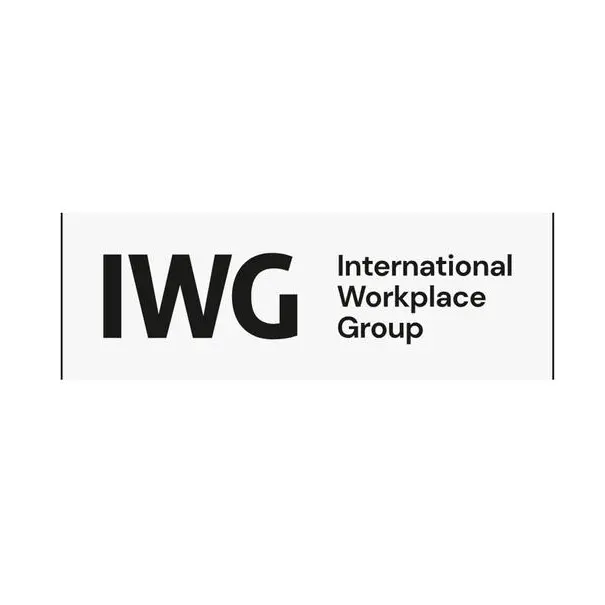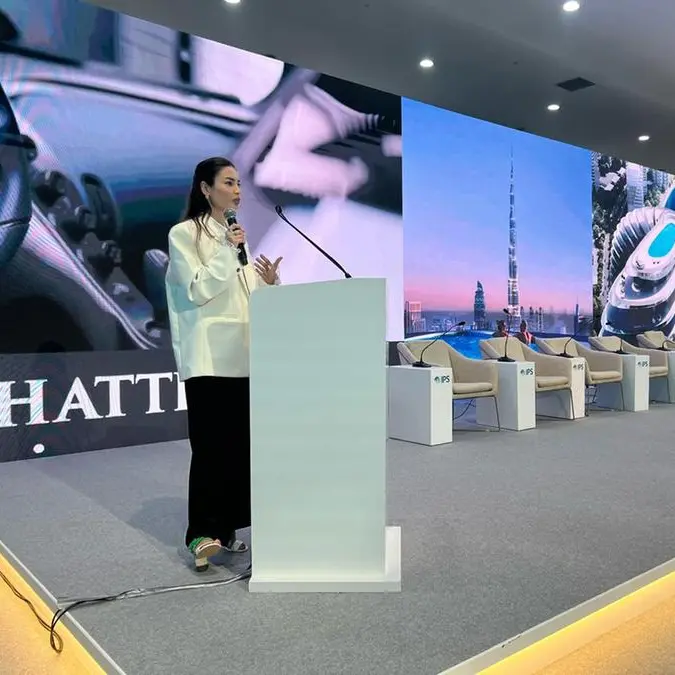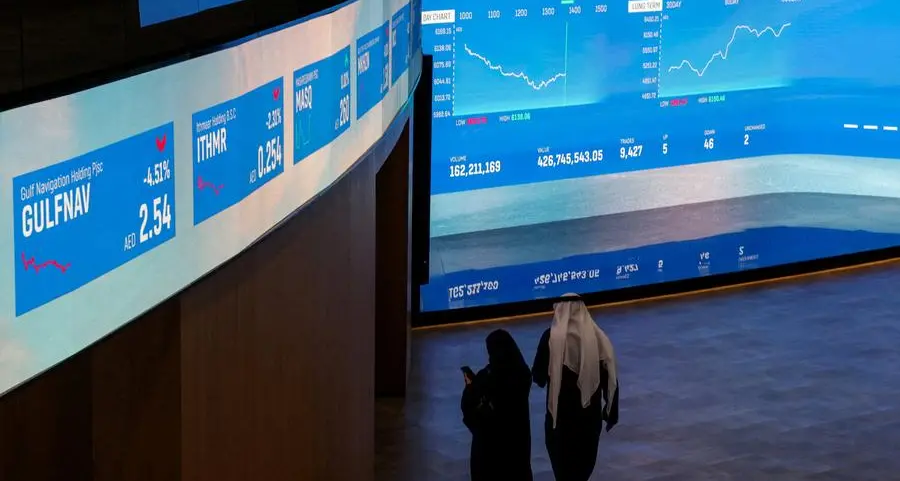- According to PwC State of Climate Tech report 2022, PwC analysis of Pitchbook data, US$6 billion has been invested in climate tech start-ups in the Middle East since 2013
Dubai, UAE: PwC Middle East launched today a new report titled Tackling climate change through technology: A global leadership role for the Middle East which provides insight into the region’s evolving role in tackling climate change. The report also highlights global and regional trends in climate tech investments and key opportunities for the Middle East to take a global leadership role in combating climate change through climate technologies.
The report’s analysis of 12 Middle Eastern countries shows that US$6 billion has been invested in climate tech since 2013 and US$1.6 billion of that was invested in the first half of 2022 alone. This momentum is expected to further improve with initiatives such as the recent Saudi Aramco announcement of a US$1.5 billion sustainability fund and the United Arab Emirates’ plans to host COP28. Additionally, the report explores the Middle East, and in particular, the Gulf Cooperation Council (GCC) countries’ opportunities in pioneering climate technologies.
The new report outlines the Middle East’s current and future plans to invest in climate technologies , identifying five key opportunities for the region to leverage with the purpose to take this leadership position in climate tech, including: solar and wind energy, energy to food, green hydrogen production, recycled plastics and waste to energy. This comes to provide a promising outlook and point to the region’s potential to take a leading role in developing innovative solutions and addressing crucial climate change issues.
Furthermore, the challenges of climate change issues are critical for the Middle East due to the region’s vulnerabilities, such as its arid landscapes and low water levels due to multi-year droughts, frequent sandstorms, and rapidly rising temperatures are a growing reality for the region’s 400 million people.[1]
Dr. Yahya Anouti, PwC Middle East ESG Leader, commented: “Our analysis shows that there is a growing appetite for climate tech investment in the Middle East, in contrast to a more subdued global picture, whereoverall venture funding for climate tech start-ups fell by US$52 billion over the first three quarters of 2022[2].”
“While our region continues to make substantial inroads on climate tech, to become key players in this space, countries will need to invest in research as well as pioneer technologies locally, such as cost-effective electrolysers, bioreactors, air-capture, and many other innovative technologies that can help mitigate the effects of climate change.”
Jon Blackburn, Partner, Energy, Utilities, Resources and Industrials, PwC Middle East, added: “For the Middle East to assume a leadership role in climate tech will require focus, increased funding, and changes in regulatory and reporting requirements to enable the growth of a climate tech ecosystem. Beyond the existential questions that climate change poses, governments, companies, and individuals need to look at the opportunities that green technology presents. Reorienting local economies to become greener and developing the critical capabilities to help the world address climate change will not just result in economic benefits but can position the region as a new global green hub.”
Ultimately, , the report indicates the direction of the climate tech investments flow in the Middle East towards the development of technologies that focus on priorities such as greenhouse-gas (GHG) emissions, with two-thirds of regional investment is going into sectors that generate 85% of GHG emissions; in contrast to global investment flows which appears to be less targeted.
Success in leveraging the opportunities leading on climate tech brings requires a holistic and mission-oriented approach that hinges on a number of factors including; the coordination and unity of efforts across governments and the private sector, launching a dedicated regional climate-tech fund, de-risking through longitudinal collaborations, prioritising climate tech R&D, pivoting existing technical capabilities, creating an enabling regulatory ecosystem, and galvanising young people into climate action. Collectively, this approach can provide a comprehensive framework to generate sustainable outcomes.
The newly released report, “Tackling climate change through technology: A global leadership role for the Middle East” can be read here.
-Ends-
About PwC
At PwC, our purpose is to build trust in society and solve important problems. We’re a network of firms in 152 countries with nearly 328,000 people who are committed to delivering quality in assurance, advisory and tax services. Find out more and tell us what matters to you by visiting us at www.pwc.com.
Established in the Middle East for 40 years, PwC has 24 offices across 12 countries in the region with around 8,000 people. (www.pwc.com/me).
PwC refers to the PwC network and/or one or more of its member firms, each of which is a separate legal entity. Please see www.pwc.com/structure for further details.
© 2022 PwC. All rights reserved



















